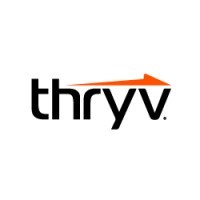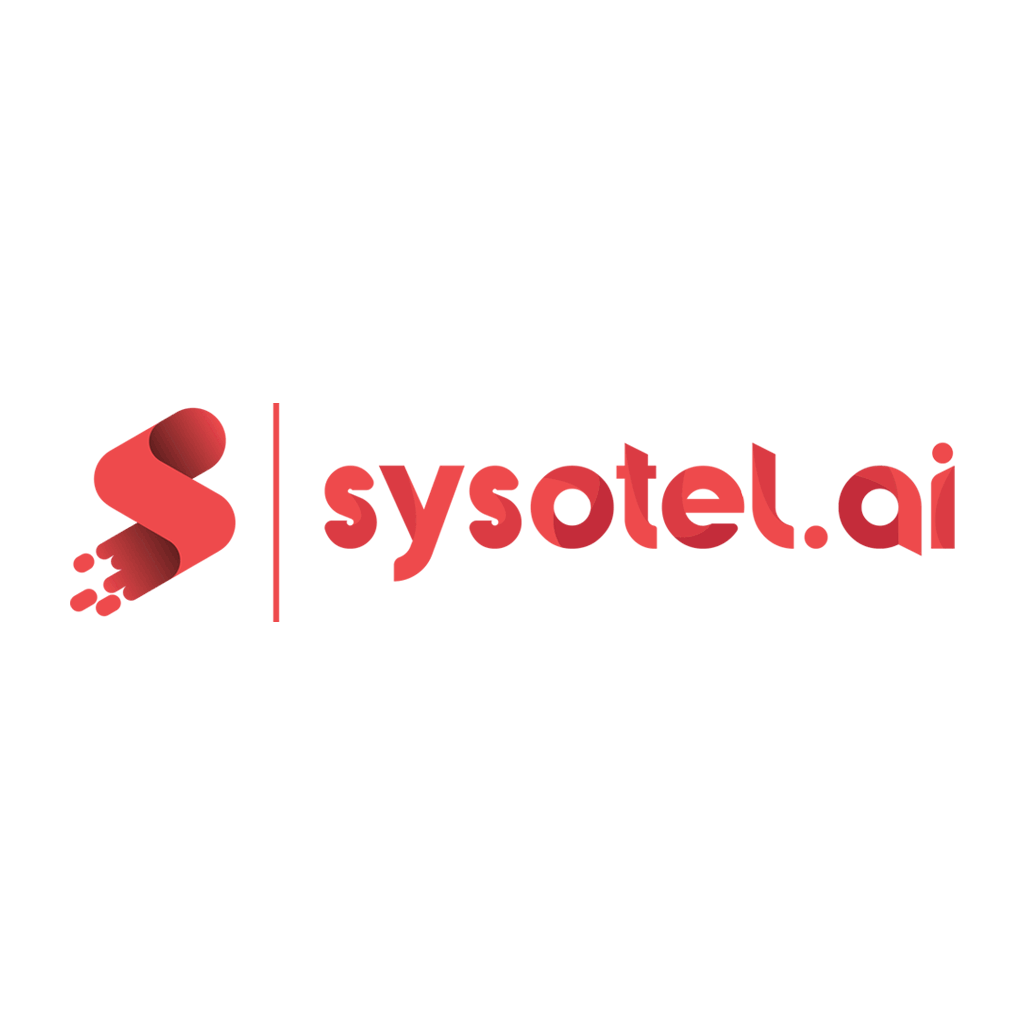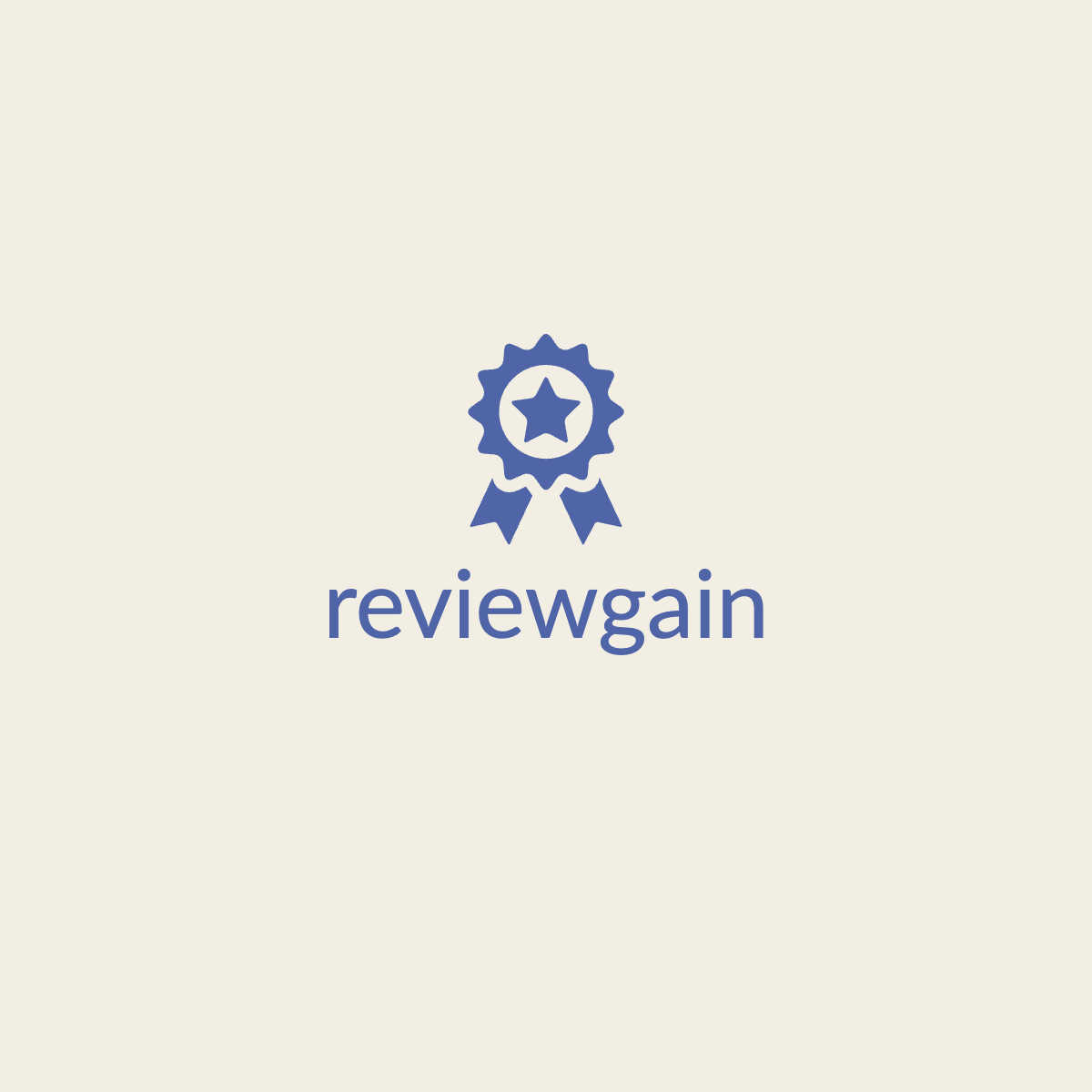What Is Online Reputation Management Software?
Online Reputation Management Software is a sophisticated tool that allows organizations to monitor, manage, and improve their online reputation. It employs a variety of strategies and techniques to protect a company's brand image and preserve a positive online reputation. This program gives businesses control over what customers see when they search for their name on search engines or social media platforms.
With the growing reliance on online reviews and social media, maintaining a positive reputation has become critical for businesses of all kinds. Online Reputation Management Software enables organizations to monitor and respond to online reviews and mentions, manage their brand's social media presence, and gain important insights into customer sentiment toward their brand.
The software has a variety of functions to assist organizations in developing and maintaining a positive online reputation, including sentiment analysis, review monitoring, brand monitoring, and social media management. It also offers real-time notifications and analytics to keep firms informed of any potential reputational issues. Furthermore, Online Reputation Management Software provides a unified platform for organizations to manage all aspects of their online reputation, saving them time and effort. It enables them to effectively handle both positive and negative comments, answer client complaints, and improve their brand's overall image.
What Are The Recent Trends In Online Reputation Management Software?
As the world gets more digital, maintaining a strong online reputation has become critical for businesses. In response to this expanding demand, there has been an increase in the development of online reputation management software in recent years. These systems provide a number of tools for firms to monitor, track, and enhance their internet reputation.
One key development in online reputation management software is the incorporation of artificial intelligence (AI) technologies. AI-powered technologies employ algorithms to evaluate massive volumes of data and detect potential online reputation concerns. This enables firms to respond proactively to bad reviews, comments, or mentions before they escalate. Another trend is the implementation of social media monitoring.
With the rise of social media as a significant tool for marketing and customer feedback, businesses must now monitor their social media presence. Online reputation management software now includes functionality for tracking and responding to comments, reviews, and mentions across several social media sites. The rise of online review platforms like as Yelp and Google Reviews has prompted a shift in review management inside reputation management software. These solutions enable organizations to monitor and respond to consumer feedback, collect insights and data, and even request positive feedback from delighted customers.
Furthermore, many reputation management software vendors now integrate sentiment analysis, a tool that employs natural language processing (NLP) to detect and comprehend the tone and sentiment of online remarks. This enables firms to swiftly and precisely assess public perception and adapt their tactics accordingly. Finally, we're seeing a shift toward more flexible and user-friendly interfaces in online reputation management tools. This makes it easy for businesses to navigate and use the numerous features and resources available.
Benefits Of Using Online Reputation Management Software
Online Reputation Management (ORM) is critical for organizations of all sizes in today's digital environment. It entails tracking and managing a brand's online presence, which includes social media, review sites, and search engine rankings. However, doing it manually can be laborious and time-consuming. Here's where Online Reputation Management Software comes in.
Here are the main advantages of adopting online reputation management software:
1. Centralized Management: One of the most major benefits of adopting ORM software is that it gives businesses a centralized platform to monitor and manage their internet presence. This eliminates the need to log in to various platforms, saving both time and effort.
2. Real-Time Monitoring: Online reputation management software enables firms to track their online mentions and reviews in real time. This implies that any bad or positive feedback is promptly brought to the business's attention, allowing them to respond quickly.
3. Brand Awareness: In the digital age, a brand's online presence is critical to its success. ORM software enables organizations to establish and maintain a favorable online reputation, hence enhancing brand awareness and credibility.
4. Improved Customer Engagement: Online reputation management software enables firms to interact with their consumers more quickly. This not only helps to resolve concerns, but it also deepens the brand's relationship with its customers.
5. Improved Online Visibility: Online Reputation Management Software assists organizations in increasing their online visibility by optimizing search engine results. This improves their visibility and attracts new clients.
6. Cost-Effective: While investing in ORM software may appear to be an additional expense, it is ultimately a cost-effective solution. It saves firms money on hiring a specialized team to manage their internet presence while also being considerably more efficient.
7. Proactive Crisis Management: With online reputation management software, businesses may take a proactive approach to crisis management. It aids in detecting potential issues before they worsen, allowing organizations to take corrective action and protect their reputation.
8. Detailed Reports And Analytics: ORM software gives organizations with detailed reports and analytics about their online presence, such as sentiment analysis and client feedback. This information can help organizations make more educated decisions and improve their strategies.
Important Factors To Consider While Purchasing Online Reputation Management Software?
When it comes to managing your online reputation, selecting the appropriate software is critical to the success of your organization. With the growing importance of online presence and its influence on customer decision-making, investing in professional online reputation management software is no longer a luxury, but rather a requirement. With so many alternatives available, it can be difficult to determine which online reputation management software is ideal for your business.
To help you make an informed decision, here are some key elements to consider when selecting online reputation management software.
1. Coverage And Monitoring Capabilities: The first and most crucial consideration is the software's coverage and monitoring capabilities. It should be able to detect all mentions of your brand on multiple internet channels, such as social media, review sites, and news stories. It should also be able to monitor industry-specific review sites and forums to ensure full coverage.
2. Customisation And Personalization: Every firm has distinct online reputation management requirements, and the software you select should address those requirements. Look for software that can be customized and personalized to meet your specific branding, monitoring, and reporting needs. This ensures that the software is personalized to your organization and produces successful outcomes.
3. Brand Sentiment Analysis: Brand sentiment analysis is a must-have tool for online reputation management software. This allows you to see how people perceive your brand based on their online interactions. By evaluating sentiment, the software can predict possible difficulties and assist you in resolving them before they escalate.
4. Response And Engagement Capabilities: Monitoring and tracking are only part of effective online reputation management; you must also respond to and engage with customers. Look for tools that lets you respond to reviews and comments right from the platform. This saves you time and effort because you won't have to jump between various platforms to respond to customer comments.
5. Reputation And Performance Metrics: A reputable online reputation management software should provide a reputation score and performance indicators to assist you track your progress and assess the efficacy of your efforts. This will provide you a comprehensive picture of your internet reputation and allow you to find areas for development.
6. User-Friendly Interface: A user-friendly interface is essential when selecting online reputation management software. It should be simple to access and understand, allowing you to effectively manage your web presence. This is especially vital if you have a team responsible for online reputation management, since they should be able to utilize the program without substantial training.
7. Customer Support And Training: Lastly, effective customer support and training are essential when it comes to any product. Look for a vendor who provides dependable customer service and comprehensive training to help you realize the full potential of the product. This will ensure that you make the most of your investment and meet your online reputation management objectives.
What Are The Key Features To Look For In Online Reputation Management Software?
When it comes to Online Reputation Management Software, customers should examine a few essential aspects before making a purchase.
Here are some essential elements to consider when assessing various software options:
1. Monitoring And Reporting Capabilities: The major purpose of Online Reputation Management Software is to track and report on your brand's online presence. Look for a solution that can monitor mentions and reviews on several platforms, including social media, review sites, and search engines. It should also generate extensive reports on sentiment analysis, interaction, and total reputation score.
2. Review Management: Because online reviews can have a big impact on a brand's reputation, the software must include tools that allow it to manage and respond to them effectively. Look for solutions that include review aggregation, alert systems for new reviews, and review response templates to help you address and resolve customer complaints quickly.
3. Social Media Management: Social media has a significant impact on a brand's online reputation. A good online reputation management software should include tools for monitoring and managing social media sites, scheduling postings, and engaging with customers. Some technologies additionally include sentiment analysis and social listening to monitor brand references and conversations.
4. Brand Monitoring: In addition to reviews and social media, a good Online Reputation Management Software should monitor other online channels including blogs, forums, and news sites. This function can help you spot unfavorable mentions or potential reputation concerns, allowing you to respond quickly and preserve a strong brand image.
5. Customization And Personalization: Each brand's online reputation management requirements are unique, so search for software that allows for customization and personalization. This can include bespoke reports, white-label solutions, and the opportunity to customize the tool's functionality to meet your specific needs.
6. Multi-Platform Integration: Make your reputation management process easier by using a technology that integrates with numerous platforms and channels. This saves you time and effort by allowing you to control your whole internet presence from a single spot.
7. Analytics And Insights: Data and analytics are critical for determining the performance of your online reputation management initiatives. Look for software that delivers detailed data and insights into critical indicators like brand sentiment, consumer engagement, and ROI.
Why Do Businesses Need Online Reputation Management Software?
Online reputation management software is a very useful tool for businesses of all sizes and sectors. In today's digital age, a company's online presence can significantly effect its success. Therefore, it is critical for firms to actively manage and monitor their internet reputation.
Let's look at why online reputation management software is essential for a firm.
1. Maintaining A Positive Image: A company's reputation is crucial to acquiring and maintaining customers. Businesses using online reputation management software may monitor their online presence and respond quickly to unfavorable reviews or remarks. This aids in preserving a positive image and minimizing potential damage to the company's reputation.
2. Increasing Client Trust: Customers are more likely to trust and interact with a company with a good internet reputation. Businesses can use online reputation management software to highlight their positive reviews, ratings, and testimonials, which can help them gain confidence and credibility from potential clients.
3. Managing Internet Reviews: Customers frequently use online reviews to make purchasing decisions. Online reputation management software assists businesses in monitoring, responding to, and addressing both positive and negative evaluations on a variety of platforms, including Google, Yelp, and social media. This may increase the entire consumer experience and satisfaction.
4. Raising Brand Awareness: Online reputation management software not only helps businesses manage existing reviews, but it also enables them to proactively request and collect evaluations from satisfied customers. This can increase the company's internet visibility, search engine rankings, and, eventually, brand awareness.
5. Keeping Track Of Mentions: With the ever-changing digital world, organizations must be aware of each mention or conversation about their brand. Online reputation management software can track mentions and online conversations about the business, providing valuable insights to shape their marketing strategies and improve customer engagement.
6. Staying Ahead Of The Competition: In today's highly competitive market, a company's online reputation can be the deciding factor for potential customers. Online reputation management software enables organizations to monitor and assess their competitors' online presences, giving them a competitive advantage.
How Much Time Is Required To Implement Online Reputation Management Software?
The time required to establish online reputation management software varies according to the product and your organization's demands. However, on average, the installation process can last anywhere from a few days to a few weeks. First and foremost, it is critical to recognize that implementing reputation management software is a continuous activity, not a one-time event.
This implies that, while the initial setup may take a few days, managing and maintaining your internet reputation will require continual effort and commitment. The first setup process for online reputation management software usually consists of multiple steps. This may involve creating an account, integrating the program with your website and other online platforms, and configuring the software to monitor and track your online reputation.
Depending on the complexity of your organization's web presence, this could take a few days to a week or longer. Once the setup is complete, your firm will need to set aside time to manage and monitor your online reputation with the program. This can include replying to consumer evaluations, participating in online groups, and tracking mentions and discussions about your brand.
To achieve the best outcomes and preserve a positive online reputation, this practice must be completed on a continual basis. In addition to the initial setup and continuous maintenance, while installing new software, you should consider your team's learning curve. It may take some time for team members to become acquainted with the software and its features, which should be considered in the overall implementation timeframe.
Ultimately, the amount of time required to install online reputation management software will be determined by the complexity of your organization's online presence, the specific software you select, and the level of attention and resources you devote to it. It is critical to properly examine your organization's demands and perform extensive research before selecting the right software and developing a realistic implementation timeline.
What Is The Level Of Customization Available In Online Reputation Management Software?
When it comes to managing your internet reputation, a one-size-fits-all approach may be ineffective. This is where the customization choices in online reputation management software come into play. These capabilities enable you to customize the program to meet your individual goals and objectives, resulting in a more personalized and targeted approach to managing your brand's online presence.
Online reputation management software offers a wide range of customization options, including:
1. Monitoring And Tracking: Most software lets you select the platforms and web channels you want to monitor. This can include social media platforms, review websites, news sites, and others. You may also set up alerts for certain keyword searches or brand mentions.
2. Customized Dashboards: The flexibility to customize your dashboard allows you to see only the data and metrics that are most important to you. You can choose which KPIs (key performance indicators) to measure and display in an easy-to-understand and analyzeable format.
3. Automated Responses: Many online reputation management software packages provide the option to generate pre-written responses to common customer inquiries, complaints, or reviews. This not only saves time, but also guarantees consistency in your brand's communication.
4. Sentiment Analysis: Because language is always evolving, sentiment analysis can be tailored to your brand's specific terminology and industry. This allows for accurate tracking of both positive and negative opinion around your brand.
5. Brand Rules: With customization possibilities, you may create brand rules within the software to ensure a consistent brand identity across all online platforms. This can include brand messaging, images/videos, and much more.
6. User Access: If you have a team in charge of your brand's online reputation, most software allows you to grant several degrees of user access. This guarantees that each team member only gets access to the functionality and data necessary for their role.
Which Industries Can Benefit The Most From Online Reputation Management Software?
Online Reputation Management Software can benefit firms in a variety of industries by allowing them to monitor, analyze, and enhance their online visibility and reputation. However, certain industries may profit more from this software than others.
The following industries can benefit the most from online reputation management software:
1. Hospitality: In the hospitality industry, online reviews and ratings are critical for acquiring new clients. A single negative review can have a big impact on a hotel's or restaurant's reputation and revenue. Online Reputation Management Software can assist businesses in monitoring and responding to reviews, as well as controlling their entire online image.
2. Healthcare: The healthcare industry is extremely sensitive, and a negative online reputation can lead to a drop in patient confidence. Healthcare providers can use Online Reputation Management Software to monitor and manage their online reviews, respond to bad feedback, and maintain a positive online reputation.
3. E-commerce: With the rising popularity of online shopping, e-commerce companies rely largely on their online reputation to attract customers. Online Reputation Management Software can assist e-commerce enterprises in monitoring and responding to customer reviews, monitoring their social media presence, and managing their online brand image.
4. Real Estate: Online reviews and ratings are critical for real estate agents and organizations to gain the trust of potential clients. They can use Online Reputation Management Software to monitor and respond to reviews, highlight positive customer experiences, and manage their online reputation to attract new customers.
5. Professional Services: Businesses that offer professional services such as legal, accountancy, or consulting rely largely on their reputation to acquire clients. Online Reputation Management Software can assist businesses in monitoring and improving their online presence, handling unfavorable reviews, and demonstrating their skills to potential clients.
Conclusion
To summarize, online reputation management software is an effective tool for businesses of all sizes to monitor, protect, and improve their online reputation. With the increasing importance of having a good online presence, these software solutions provide a comprehensive solution for proactively managing a company's reputation across several online channels.
These software tools offer a variety of capabilities to assist firms maintain a positive image online, including monitoring brand mentions and reviews, responding to customer comments, and assessing sentiment. Companies that use such software can not only respond quickly to bad reviews and comments, but also communicate with satisfied consumers and use positive feedback to attract new clients.
When selecting an online reputation management software, evaluate the features available, pricing plans, customer service, and integrations. It is also critical to examine your company's specific demands and goals before selecting a software that best meets your expectations. We hope our buyer's guide has given you useful insights and information to help you select the best online reputation management software for your business. Using these tools, you can efficiently manage your internet reputation and create a powerful and good brand image that appeals to your target audience.






















